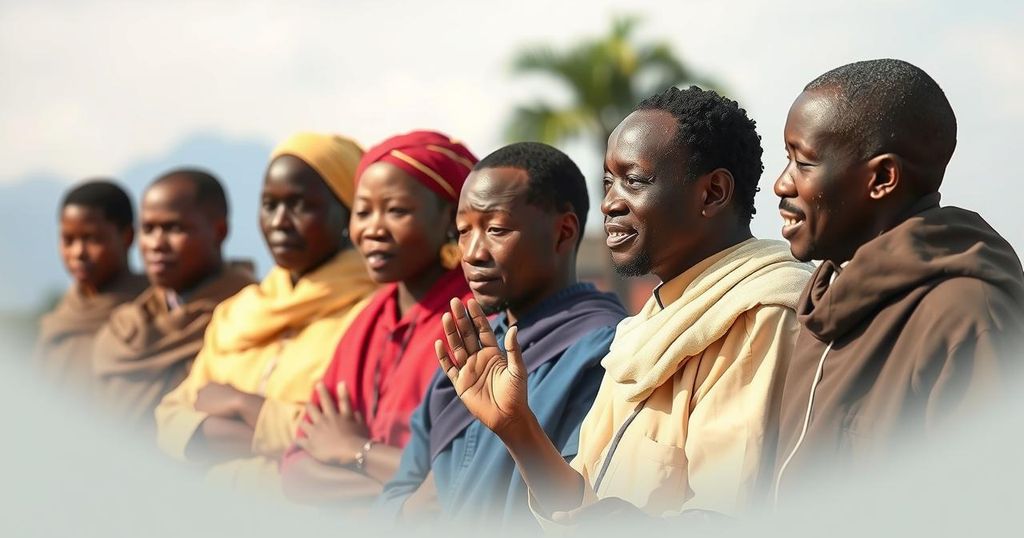In Ituri, eastern DRC, inter-ethnic conflict persists between the Lendu and Hema communities, yet local reconciliation efforts offer hope. Driven by historical grievances and external exploitation, this conflict has led to considerable violence. Initiatives aimed at fostering dialogue and community rebuilding seek to transform Ituri into a peaceful region through grassroots efforts and the support of local voices и used as foundation for creating strong relationships and resilience among former adversaries.
The province of Ituri, located in eastern Democratic Republic of Congo (DRC), has been embroiled in inter-ethnic conflict for over a decade, primarily involving the Lendu and Hema communities. This feud, driven by historical antagonism and exacerbated by external interests, has led to significant violence and instability. However, amid this turmoil, local reconciliation initiatives demonstrate the resilience of the affected populations. The conflict stems from longstanding rivalries over land and resources, intensified by the region’s political instability following historical wars.
Currently, Ituri’s rich mineral resources draw various national and international actors, many of whom exploit the divisions among communities for economic gain. The influx of external tensions from regional conflicts has further complicated local dynamics, while the deterioration of state authority has left many young individuals vulnerable, often leading them to join armed groups. In spite of these challenges, individual stories of transformation, such as that of Elle Alphonsine Cecile, exemplify a shift towards reconciliation.
The violence in Ituri is deeply rooted in the historical conflict between the Hema, traditionally herders, and the Lendu, primarily farmers. These communities have been locked in competition for land and resources for decades, a rivalry that has been aggravated by economic instability and political turmoil in the DRC. The consequences of this struggle have been exacerbated by powerful external actors interested in the region’s mineral wealth, leading to ongoing conflict and suffering for local people. Furthermore, weak governance has resulted in a lack of security, compelling many to take up arms in defense of their communities.
The concerted efforts for peace in Ituri signal a hopeful future, demonstrating that despite deep-rooted challenges, communities are actively seeking dialogue and reconciliation. The involvement of former combatants like Cecile and community organizations underscores a collective vision for stability that transcends ethnic divides. It is imperative that both national authorities and the international community support these grassroots initiatives to build trust, restore state authority, and facilitate a comprehensive approach to peace that addresses the underlying causes of conflict.
Original Source: peacenews.com






